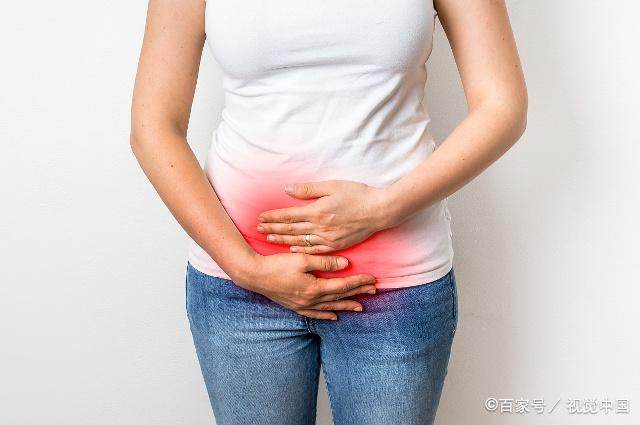Due to the special physiological structure of women, women’s bodies are relatively delicate compared to men. Especially after marriage, women are more or less troubled by gynecological inflammations. This is greatly related to their unhealthy diet and lifestyle, as well as the small details in their daily routines and marital life, which can cause damage to the vagina. Although the vagina has self-cleaning ability, it cannot completely prevent bacterial and viral infections. Especially during menstruation, women’s resistance and immunity decrease, making their bodies vulnerable. They are more susceptible to bacterial and viral attacks. Moreover, washing the vagina alters its acidity and alkalinity. If personal hygiene is not observed during this period, it may cause harm to the body, leading to gynecological diseases. Especially for women, the vagina has these 3 “characteristics,” do not ignore them, the sooner you know, the better!
Women, there are these 3 “changes” in the vagina, don’t be ignorant, early detection for early prevention!
1. Itching of the external genitalia
In daily life, if personal hygiene is not emphasized, especially intimate hygiene, it is easy for bacteria and viruses to cause vaginal itching. Once this symptom appears, it can be particularly embarrassing in public places where scratching is not appropriate. Many women often use cleansing products or shower gels when cleaning their intimate areas, which can disrupt the acidity and alkalinity balance, leading to environmental sensitivities and itching. Therefore, it’s recommended to wash with warm water and maintain cleanliness, ventilation, dryness, change underwear frequently, and expose them to sunlight.
2. Unpleasant odor in the vagina
If female friends frequently notice a strong foul odor in their underwear, along with increased vaginal discharge that appears like tofu residue emitting a fishy smell, it is very likely that the vagina is infected by bacteria and viruses, leading to vaginitis. Therefore, it is essential to take it seriously at this point, seek timely examination and treatment to avoid recurrent and difficult-to-cure conditions that can severely affect daily work and life. Also, it is important to learn how to protect and care for your intimate area, avoid sexual activity when vaginitis occurs to prevent cross-infection, causing unnecessary troubles.
3. Dryness of the vagina
This condition commonly occurs in women after childbirth due to decreased estrogen levels post-delivery, leading to vaginal dryness. Particularly, there will be obvious pulling pain during intimate activities, but as hormone levels gradually recover, vaginal dryness will improve. However, with age and the decline in organ functions, vaginal dryness becomes most common in menopausal women, affecting the quality of intimate life and weakening immunity, making them more susceptible to bacterial and viral infections and causing senile vaginitis. Therefore, it is crucial to prevent and treat in advance at this stage to avoid worsening physical discomfort.


